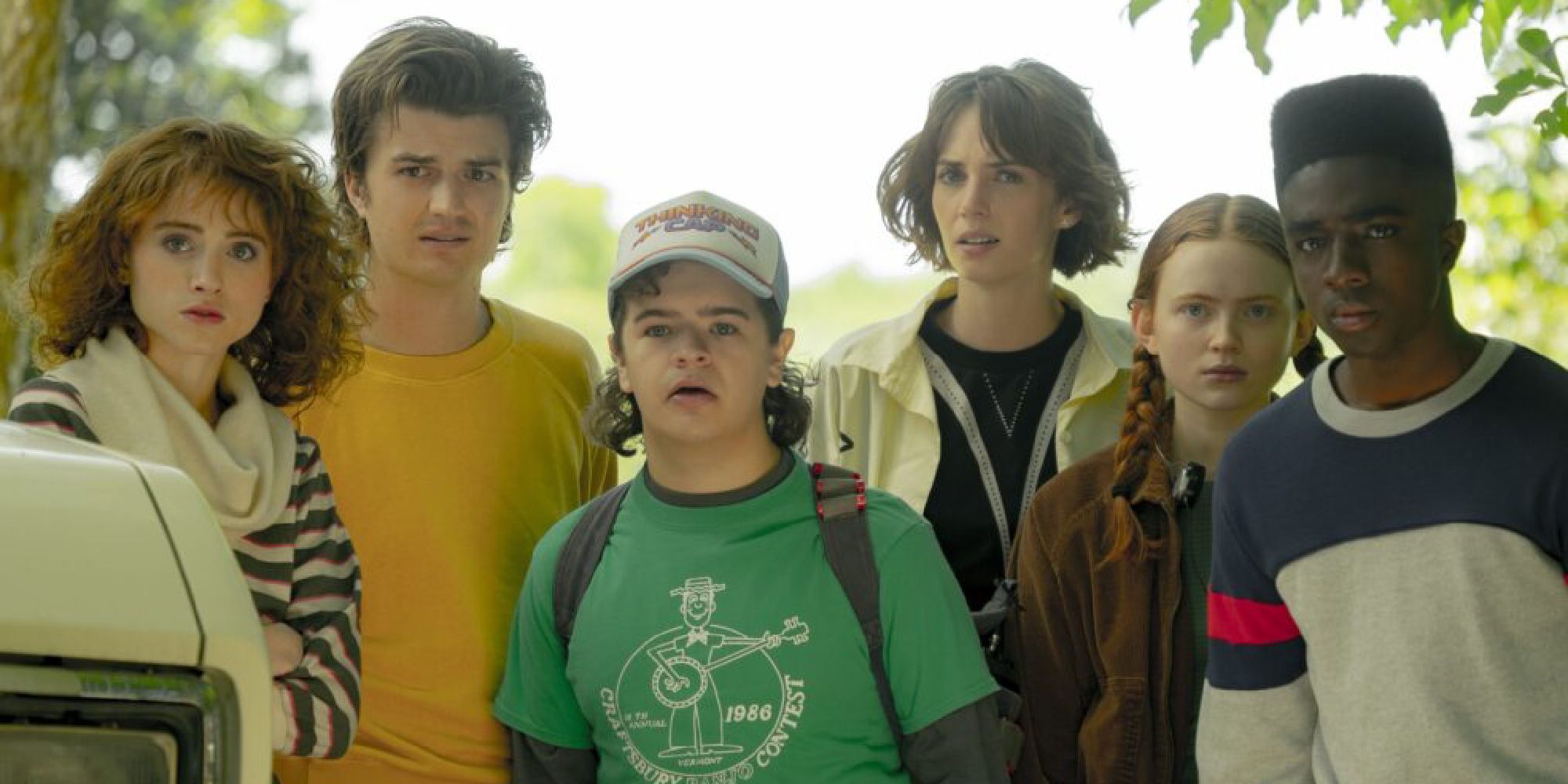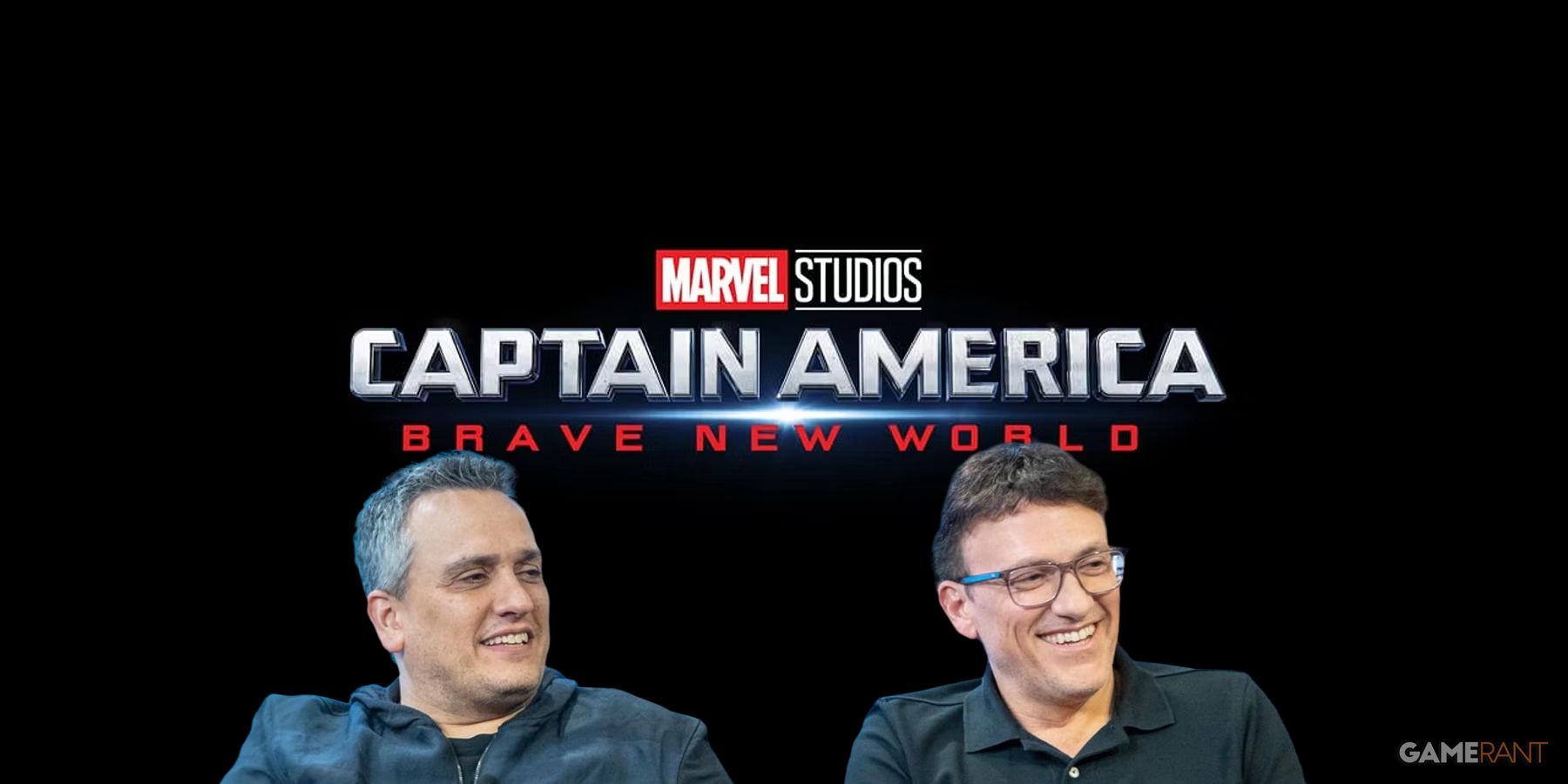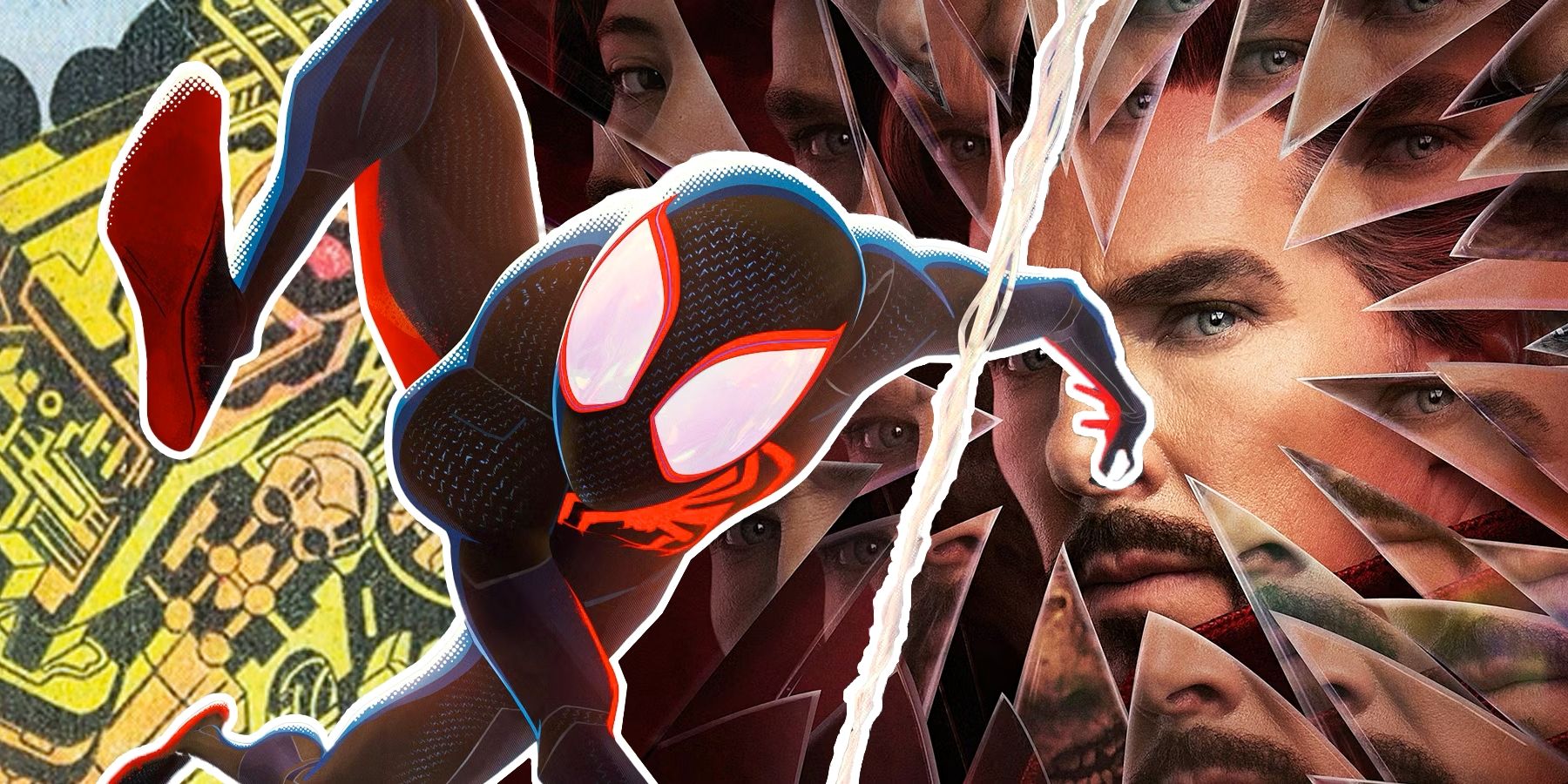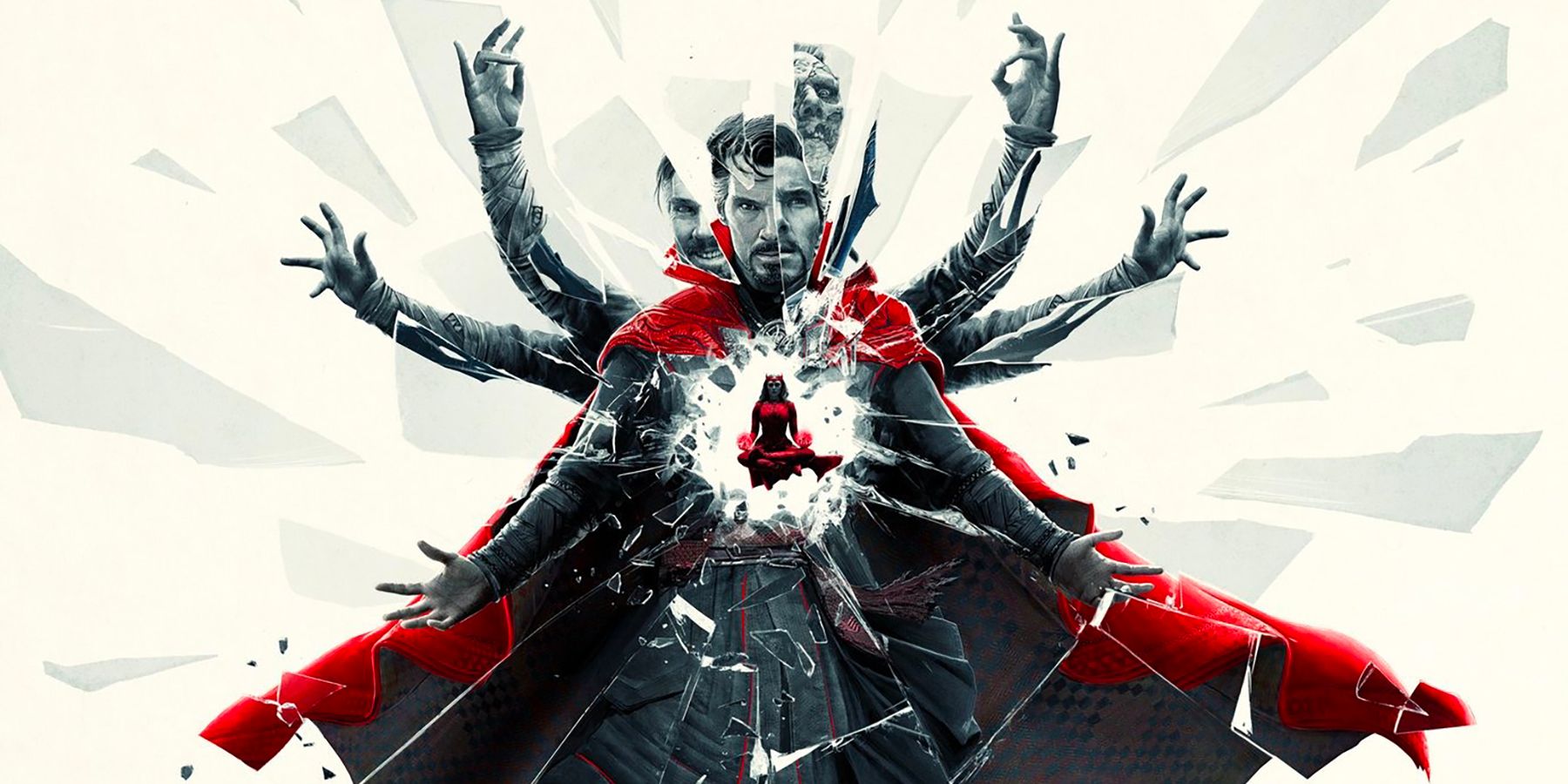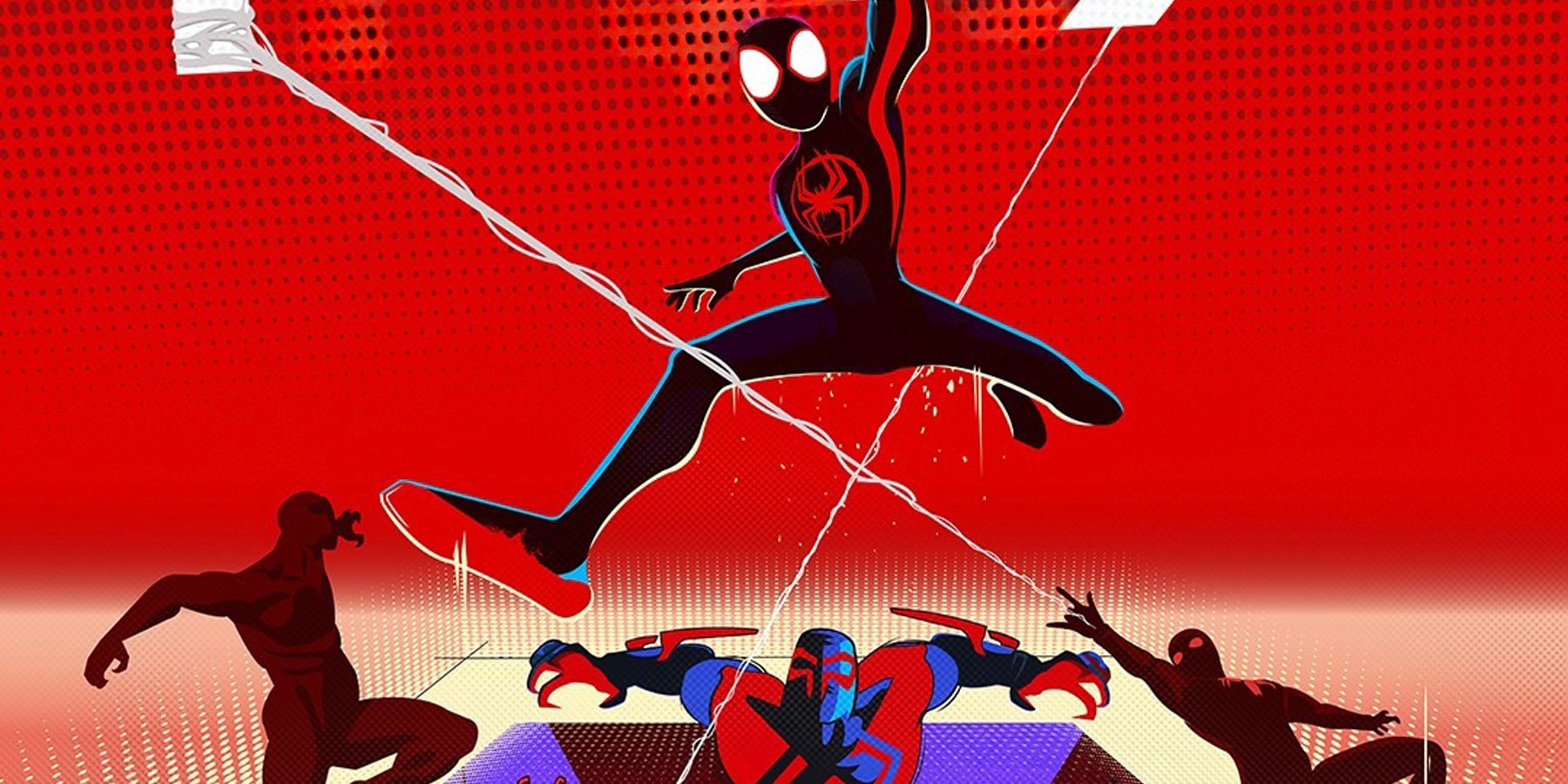Highlights
- The Spider-Verse and MCU multiverse operate differently, with the former depending on timeline branches while the latter aims to prevent deviations.
- In the Spider-Verse, Canon events connect timelines and define the identities of Spider-People, while MCU allows for self-determination.
- Miles Morales breaking Spider-Man Canon could lead to a potential crossover, as he challenges the necessity of tragic losses to become a hero.
Spider-Man: Across the Spider-Verse revealed the main difference between the mechanics of how its multiverse operates differently from the MCU multiverse. In Loki, the TVA depicted the multiverse as a singular, linear timeline. Any multiverse anomalies or interference from variants were neutralized to prevent the linear structure from branching off. The Spider-Verse, however, is dependent on these timeline branches for a particular reason.
Depicted as a series of interconnected webs, the timeline in Spider-Man: Across the Spider-Verse uses the connected branch points as Canon events that bind the stories of Spider-People across timelines. Disrupting Canon events could explain different versions of Spider-Man in films. In the MCU, the TVA’s mission to protect the timeline is to prevent uncontrollable timeline deviations. But the Spider People aren’t just protecting canonical events, they’re protecting something more important to them.
The visual difference between the two multiverse timelines is only half the story. Their structures are designed to inherently permit or prevent certain phenomena. Thus, the fate of characters such as Loki and Miles Morales becomes predetermined. Sylvie and Loki's fight for self-determination, a good sign for Loki season 2, in their once linear timeline resulted in the emergence of branch timelines that are not bound by the orchestrated story of the linear timeline, though the consequences are yet to be known. Miles, however, has been told by Spider-Man 2099 that the effects of negating Canon events would destroy his universe; but that may not necessarily be true.
The Major Difference Between The MCU Multiverse And Spider-Verse
If Canon events are the points that connect timelines in the Spider-Verse, then preventing one should theoretically only prevent that universe from being connected to a similar one. What the Spider-People are truly protecting is the canonical identity of Spider-Man as if it's the perfect superhero blueprint. But Miles endeavors to be his own version of Spider-Man. That is a reality that is virtually unknown in the Spider-Verse. The implications of Spider-Man being the great hero that he has become in a universe that doesn't follow Canon would seemingly undermine the tragedy that Spider-People have endured to become who they are. The untold moral of Spider-Man is that with great loss comes great victory.
This is the major difference between the Spider-Verse and the MCU multiverse that also hints at a potential future crossover. It's the interconnected Canon events of the Spider-Verse that define the characters and dictate their stories. They have no real choice in determining their destiny or identity in the Spider-Verse. This has changed, however, in the MCU. With He Who Remains being eliminated and timelines now branching, perhaps the Lokis will be able to redefine themselves and change their story. Determining which version of Spider-Man is Canon is the same power of self-determination that Miles is also fighting for in the Spider-Verse. He dares to be a great Spider-Man even if it means going against Canon.
How Miles Morales Can Break The Spider-Man Canon For The Better
Not all Spider-People share the same Canon events, as evidenced by Spider-Man 2099, Miguel O'Hara. While they all appear to have suffered some great loss, it is not necessary for that tragedy to be the same across universes. For Miguel, it was his daughter. For Peter, it was Uncle Ben. For Spider-Gwen in Spider-Man: Across the Spider-Verse, it was Peter Parker. But for Miles, it's believed to be his father by the hands of the Spot. Yet, it doesn't have to be Miles' father per se. It could be someone else close to Miles' heart if Canon persists.
This idea that these losses define and motivate Spider-People to become great heroes is almost self-schadenfreude. Questioning whether these Canon events are necessary and challenging them already puts Miles in the driver seat of his destiny to rewrite his character for a good reason. Saving his father likely will not prevent some other tragedy to befall Miles. But choosing to be a great Spider-Man before incurring any loss is what sets Miles apart and changes his potentially canonical story from one mired and inspired by death to a story founded on his identity and ambition to protect what he loves.
Nonetheless, Miles Morales, opens the door for him to appear in the MCU at some point, either live-action or animated. The Spot briefly appearing in the world of Everything Everywhere All at Once, as well as Andrew Garfield's surprising cameo, could be a teaser for a mixed live-action and animated Spider-Man film. With the branching MCU timeline and Spider-Man: Across the Spider-Verse's reference to the MCU Doctor Strange, Sony and Disney could be setting up the possibility of Miles to appear in the MCU as the Spider-Man who defies Canon and possibly three-dimensional reality.

